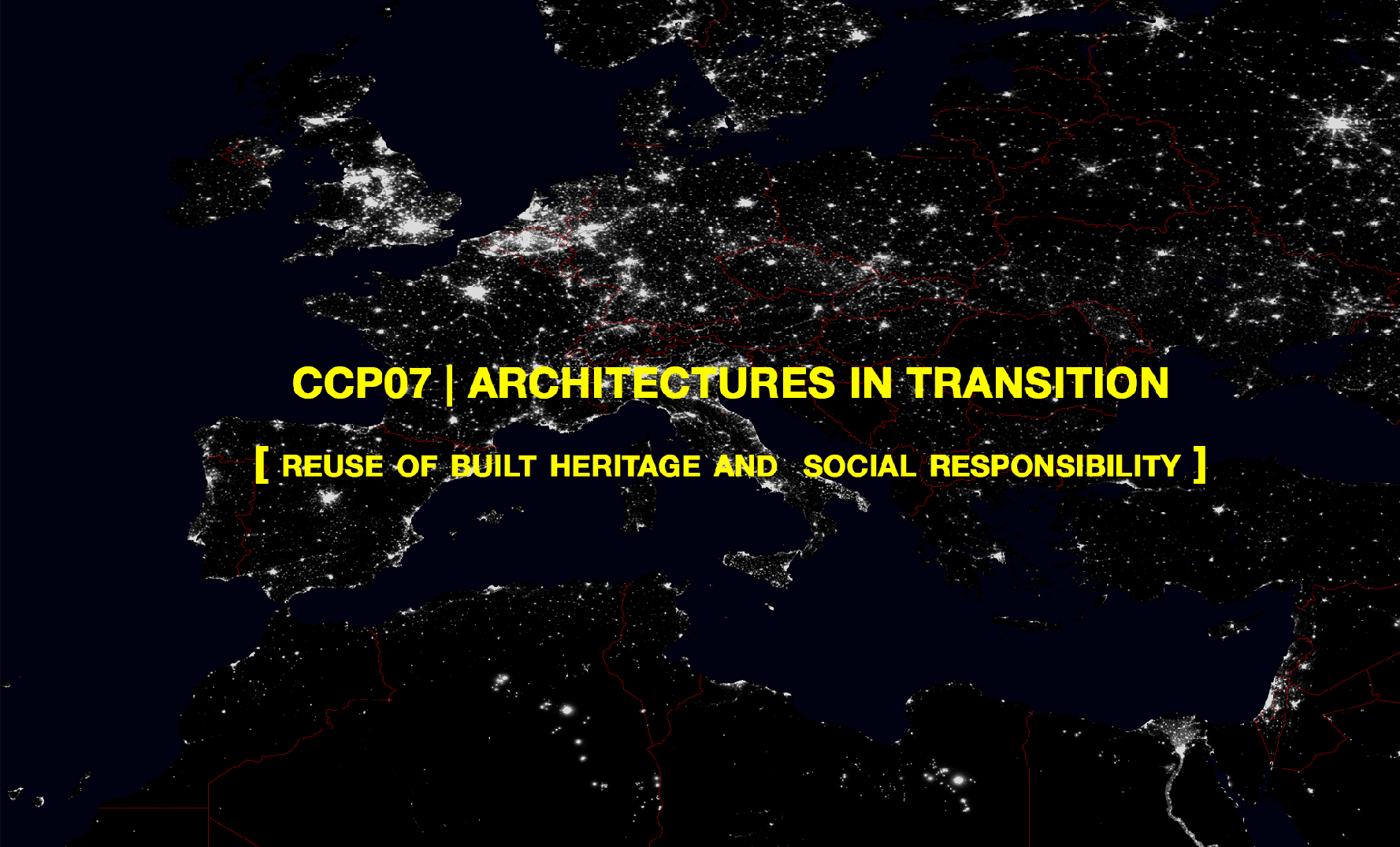20
Architects: APOCAPOC BCN + SLOWÛP
Typology: regeneration
Location: Barcelona
Construction Date: 2017-2018
Photos by: Josephine Leddet Ana Luz Sanz
Apocapoc BCN, founded by Valerie Aubert, Fabien Franceschini and Sebastien Détroyat, gave birth to Nest City Lab in 2017. Their mission is to imagine and create spaces of life that encourage, on a daily basis, experimentation and the development of sustainable habits with generative impacts as a laboratory of ideas.
Located within a boiler factory in the Poblenou, the district of agricultural production and centre of the industrial revolution of Barcelona, the Nest City Lab is the perfect place for Apocapoc BCN to continue developing the project they had started in 2013 in the Born, an ecological coworking. This time with the intention of creating an urban ecosystem that favours sustainability: a real commit-ment to the regeneration of the biodiversity of the cities, to showing the abundance of resources, to recovering the living soil and to the restoration of an urban environment that is connected, balanced and healthy.
The preservation of the industrial heritage and sustainability were the main ideas of this collabora-tive project. In the process, it had to reconnect, observe and preserve with the intention of creating a conscious space with the environment, oneself and the community, in line with permaculture, a system of principles of agricultural, economic and social design, based on the patterns and charac-teristics of the natural ecosystem.
The architectural strategy builds on preserving the original structure and improving the building envelope as well as on closing the natural cycles in a circular manner, through a passive and bio-climatic design (solar capturing, cross ventilation, recovery of soil productivity, water catchment, reuse and filtration). Flexible and removable modules are built in the interior. The use of natural resources together with the reconversion of materials that come from the biosphere and that are recycled and recyclable, have contributed to obtaining a LEED Platinum certification.

